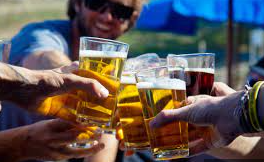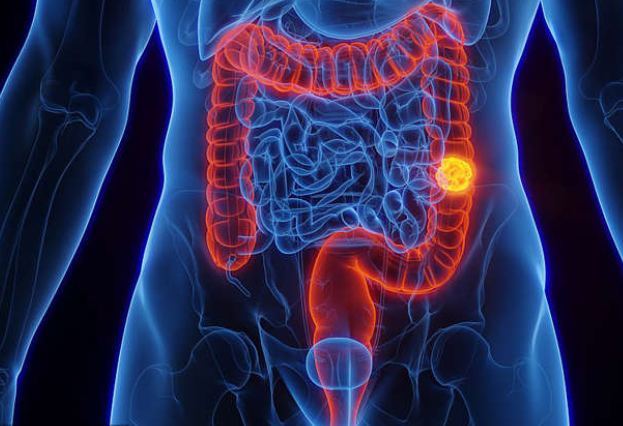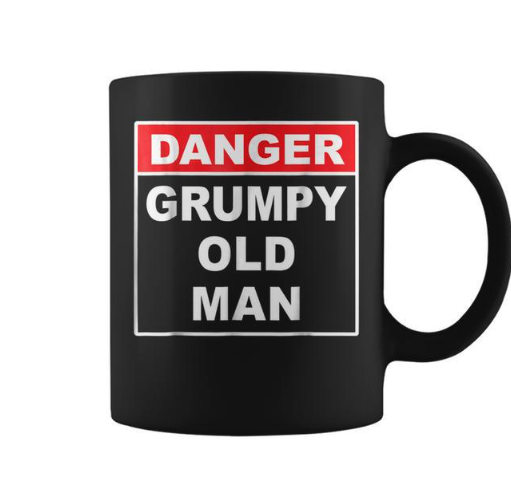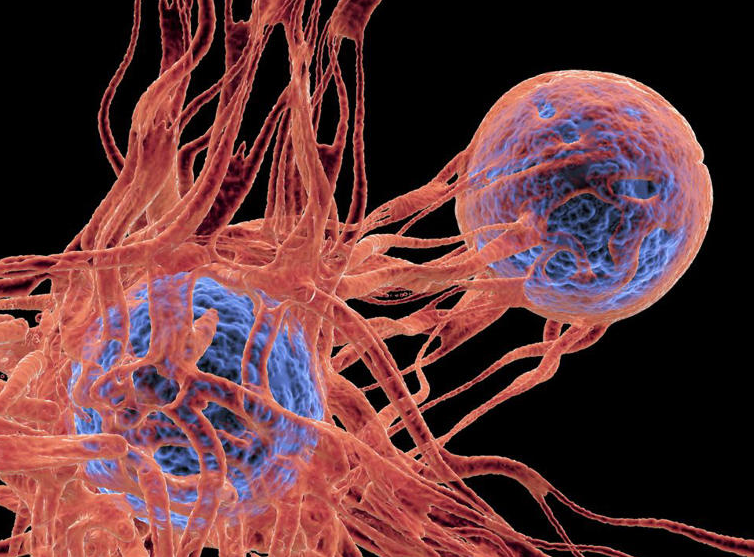Men feel more guilt when saying no to drinking than women. As soon as people realise you're not drinking, they get their backs up. It's a pack mentality'
It’s not just men who are affected by sober shame, but they do appear to have it worse. Data obtained by Alcohol Change UK, the charity that founded Dry January in this country back in 2013, found that in a survey of over 2,000 people 22 per cent of sober men feel uncomfortable in situations where everyone is drinking, compared to 16 per cent of sober women. Similarly, 18 per cent of sober men felt judged in situations with friends, compared to just 12 per cent of sober women.
Josh and Trevor started binge drinking when they were 14. They’d walk into off-licences after school and walk out with 3L bottles of Strongbow (they were tall for their age). Then it was straight to the local park to down the full bottle, and if that wasn’t enough, which it rarely was, they’d head back to the shop to get another. The two would get blind drunk and vomit up the cheap booze - only to return to the same places a few days later to do it all over again. Drinking was like an “elite club” to them, something cool that only adults got to do. Except now they were doing it too.
While Josh and Trevor are now both comfortably and openly sober, they haven’t always been. Josh has taken fake shots to fool people or told friends that glasses of coke were actually double rum colas. Trevor has deployed similar tactics. “I used to order two alcohol-free beers and pour them both into a pint glass,” he confesses. “It’s so you can get away with being ‘just one of the lads’, otherwise as soon as people realise you’re not drinking, they get their backs up. It’s like ‘we’re all in the drinking club, we’re all in this together,’ but then you’ve gone and defected. It’s a pack mentality.”
Part of the reason Josh and Trevor were less open at the start of their sobriety was because of the pressure other people, particularly men, would put on them when they found out they weren’t drinking. This is sober shame: the reluctance to admit you’ve stopped drinking, which can lead to hiding it from your peers, or feeling so pressured you start drinking again.
Jack, who’s 22 years old and from Sligo in Ireland, has also been a victim of sober shame. Jack gave up drinking seven months ago after one too many benders and blackouts, some of which had landed him in A&E, or left him feeling near-suicidal. Yet still, there were mates of his who simply could not comprehend it. “One of the guys I told just couldn’t believe me,” he reveals, “and he was like ‘oh no, no, no, what do you mean?’ and I was like ‘it’s alright, like, I haven’t died.' He was treating it like I had a terminal illness, saying ‘but you had so many good years left in you!’”
Other people have tried to get Jack to take shots at parties, or gawked at him “like a boring old man” when they realise he doesn’t drink. “I feel like some guys, when I tell them, they think I’m a bit soft,” he says. This is a common form of sober shaming - forcing alcohol on someone or making them feel like they’re not part of something because they aren’t getting drunk.
Psychiatrist and addiction specialist, Professor Adam Winstock, who is head of the Global Drugs Survey, explains that this “pushy” drinking behaviour is, ironically, also a result of shame. “If someone chooses not to do something that you do - like drinking - that will make you feel uncomfortable in your choices. And it will reflect your ambivalence towards your own drinking, so you try to dismiss them or derail them by making them drink.”
This comes through in the data from Alcohol Change UK, which found that 1 in 5 people feel pressured to drink by their friends. That’s at least one person sitting around the pub table with you on a Friday night. “It becomes really hard if your peer group aren’t interested in changing,” Prof Winstock explains. “And it fits with this masculine thinking of, ‘strong alpha males drink together, hold their alcohol, have a good tolerance. So then, once you’re surrounded by your boozy social circle, no one can call you out on your problem drinking, because you’re all doing it together.
For Josh and Trevor, the bar work was their social alcohol blanket. For Nile, a 36-year-old counsellor from Manchester, it was football matches. “When you go to the football, only half the day out is for the game - it’s the build-up to it that you’re there for, the massive pub and alcoholic culture that surrounds it.” Despite how much he adores his beloved Man City, Nile says that he’d clock watch the whole game, waiting for half-time or the final whistle, so he could get his next pint in.
When Nile went sober, it meant leaving that side of his life behind for a while. “I had to take a step back from football,” he says, because it was so strongly associated with his drinking. Trevor, a West Ham fan, found this too: “There have been times at games where I’ll say to someone ‘yeah I’ll just have a coke’ and they come back with a pint.”
Nile did manage to eventually reclaim his love for football matches, but he had to change up his crowd in order to do so. “When I went back to football I ended up going with other people in recovery, mainly to keep me safe. My original football crowd were just too boozy,” he says.
This is the thing with the long walk to sobriety: you may lose a few people on the way. “I have definitely lost friends,” says Jack, “Like I saw one guy this Christmas who I used to party with all the time, and we really struggled to have a conversation.”
Trevor has had the same: bar mates and drinking buddies just don’t quite gel the same without the social lubricant of alcohol. “One time I went to the pub with my old drinking lot and had like, 12 Heineken Zeros, and it was still awkward by the end because I just wasn’t drunk,” he says.
Sober shame is so endemic it feeds into people's life choices. Nile has his new footie crowd. Trevor sold the bar, went back to teaching, and even went on to write a book about his experience with alcoholism. Josh moved pubs until he found somewhere that he felt at ease without a drop of alcohol, or any little white lies. Jack still goes to the pub with his close mates if they’re going, but now stays for two hours instead of the whole night (and into the early morning).
Professor Winstock recommends this as the first move for pub lovers who are set on reducing their pint intake: “Avoid the mates who make you get pissed.” And if you want to cut it out altogether, know that it doesn’t define you. “People will worry that they’re going to be seen as ‘no longer one of the lads’”, he says, “but then it’s about going ‘actually, the identity I have is far more than just somebody who goes down the pub on a Friday night and drinks eight pints.’ You’re more than that.”
Josh, Trevor, Jack and Nile don’t miss a single thing about their old lives. All expressed how grateful they are for peaceful, uninterrupted sleep, weight loss, more money and better relationships with their mates and families - even if it meant switching up their scene a bit to minimise the sober shame. “Look,” Trevor says to me, “it’s about being respectful. If your real friends are your true friends, then they’ll buy you that Diet Coke.”
If you are struggling with going sober or have issues with alcohol, you can visit Alcohol Change UK, or call Drinkline's confidential helpline on 0300 123 1110. Or you can email Alcoholics Anonymous on help@aamail.org. For mental health support, you can contact Samaritans on 116 123 or by emailing jo@samaritans.org. You can also contact the mental health charity Mind on 0300 123 3393.
Author Maddy Mussen on the JOE Website





